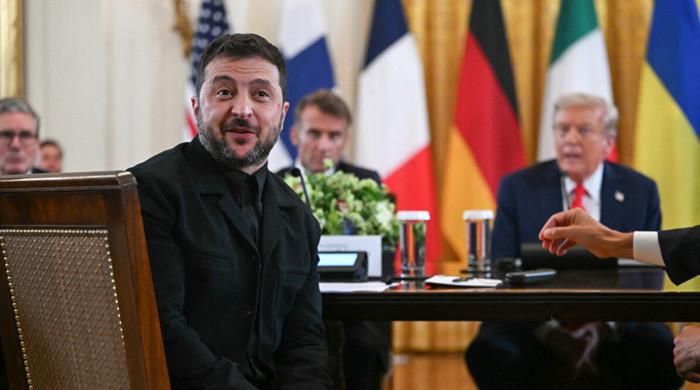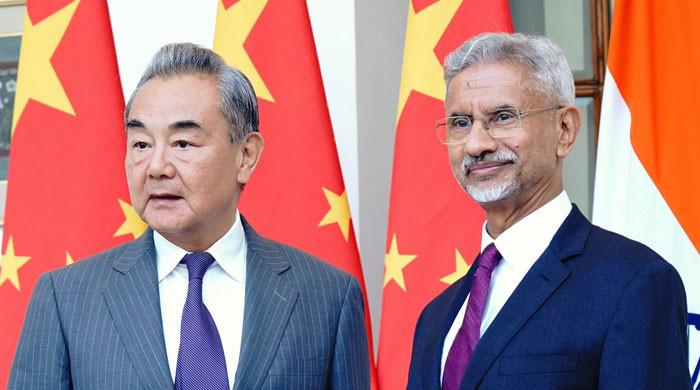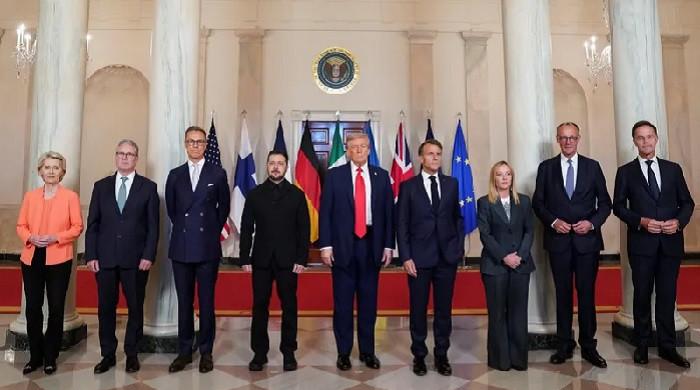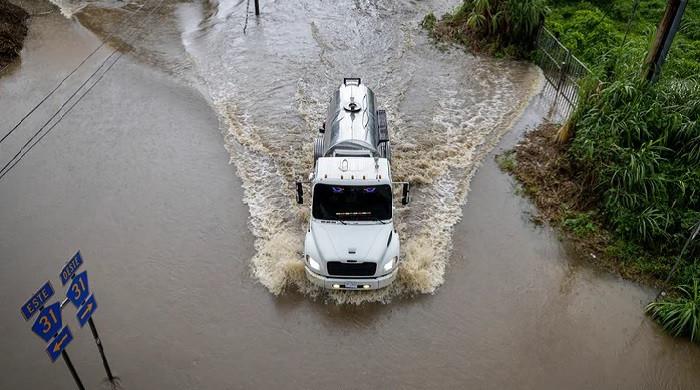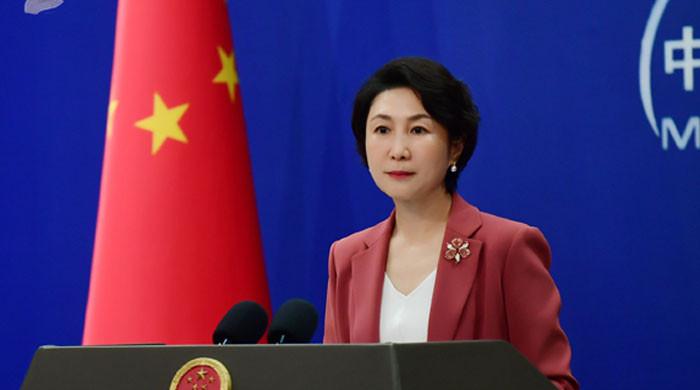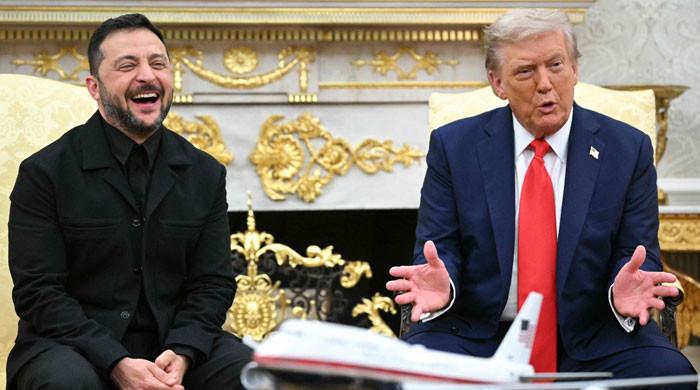UN report reveals coronavirus crisis to shrink world economy by 3.2%
The report predicts sharpest downturn for global economy since the Great Depression in the 1930s, suggesting that $8.5 trillion will be lost over the next two years
May 14, 2020
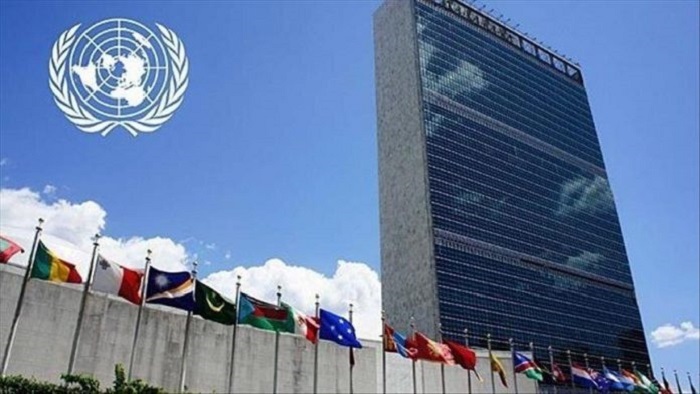
The United Nations (UN) projected that the coronavirus pandemic will dwindle the global economy by 3.2% in 2020, wiping out all gains of the last four years.
The UN World Economic Situation and Prospects (WESP) report predicted the sharpest downturn for the global economy since the Great Depression in the 1930s, suggesting that $8.5 trillion will be lost over the next two years.
In January, the UN had estimated the global economy would experience 2.5% growth in 2020. However, now, the UN predicts a modest rebound next year, mostly making up for lost output.
"Developing countries are also likely to experience large fiscal deficits and high public debt," the report highlighted.
The report also suggested the pandemic is causing an increase in poverty and inequality as 34.3 million people are expected to fall below the extreme poverty line this year, with 56% of them in Africa. Another 130 million are expected to join the list by 2030.
The UN report stated that without “quick breakthroughs” in COVID-19 vaccine and treatment developments, “the post-COVID-19 world will likely be vastly different.”
Also Read: UN warns of global mental health crisis due to pandemic
“The possibility of a slow recovery and prolonged economic slump — with rising poverty and inequality — looms large,” the report underscored.
“Stronger development cooperation—supporting efforts to contain the pandemic and extending economic and financial assistance to countries hardest hit by the crisis—will remain critical for accelerating recovery and putting the world back on the trajectory of sustainable development,” it added.
According to data from Johns Hopkins University, an American research institution, the pandemic has thrown a wrench in economies around the world, as several countries had to shut down businesses to prevent further community spread. The coronavirus has infected more than 4.3 million people worldwide, causing at least 294,155 deaths.
“The global economic outlook has changed drastically since the launch of WESP 2020 in January”, Elliott Harris, UN Chief Economist and Assistant Secretary-General for Economic Development, told reporters at the launch of the report.
“With the large-scale restrictions of economic activities and heightened uncertainties, the global economy has come to a virtual standstill in the second quarter of 2020,” he added. “We are now facing the grim reality of a severe recession of a magnitude not seen since the Great Depression.”
Also read: Coronavirus may never go away: World Health Organisation
Meanwhile, to fight the pandemic and minimise the impact of a catastrophic economic downturn, governments globally are rolling out fiscal stimulus measures that equal roughly 10% of the world’s GDP.
Although new infections and COVID-19-related death rates have recently slowed, the pandemic’s future course remains uncertain, as does the economic and social consequences that will follow.
Torn between saving lives and reviving the economy, some governments are already beginning to cautiously lift restrictions to jump-start their economies.
But recovery will largely depend on how well public health and fiscal measures work together to stem the spread of the virus, minimising reinfection risks, safeguarding employment and restoring consumer confidence, so that people start spending again.
“The pace and strength of the recovery from the crisis”, explained Harris, will also rest on “the ability of countries to protect jobs and incomes, particularly of the most vulnerable members of our societies”.
Without a quick breakthrough in vaccine development and treatment, he said that “the post-COVID-19 world will likely be vastly different from the one we knew”.
Although a modest rebound of around 3.4%, mostly recovering lost output, is expected for 2021, the report spelt out that “the possibility of a slow recovery and prolonged economic slump, with rising poverty and inequality, looms large”.
Trade and tourism are paralysed, while large deficits and high levels of public debt will pose significant challenges for developing countries and small island States.
The UN forecast makes clear that stronger multilateral support and solidarity to contain the pandemic, along with economic and financial assistance to countries hardest hit by the crisis, will remain “critical for accelerating recovery and putting the world back on the trajectory of sustainable development”




